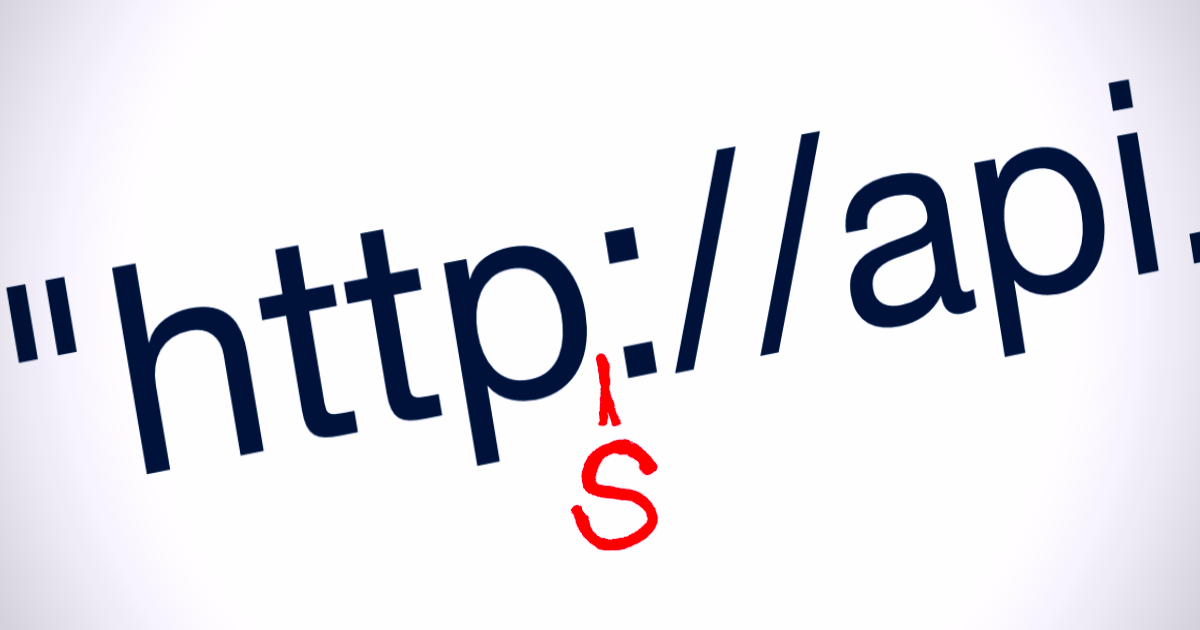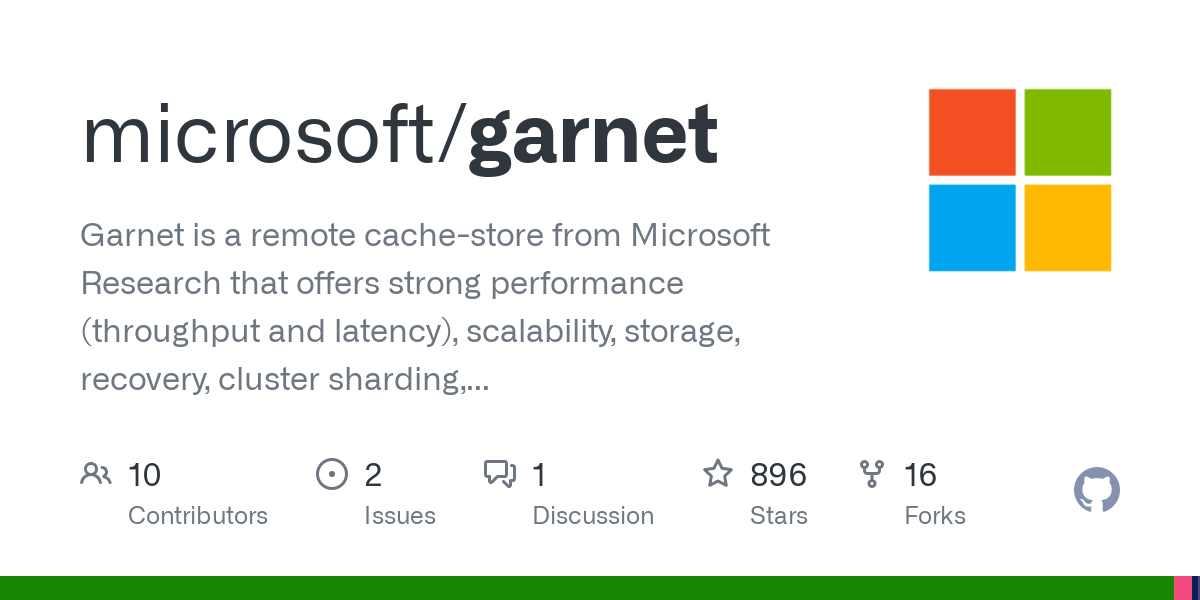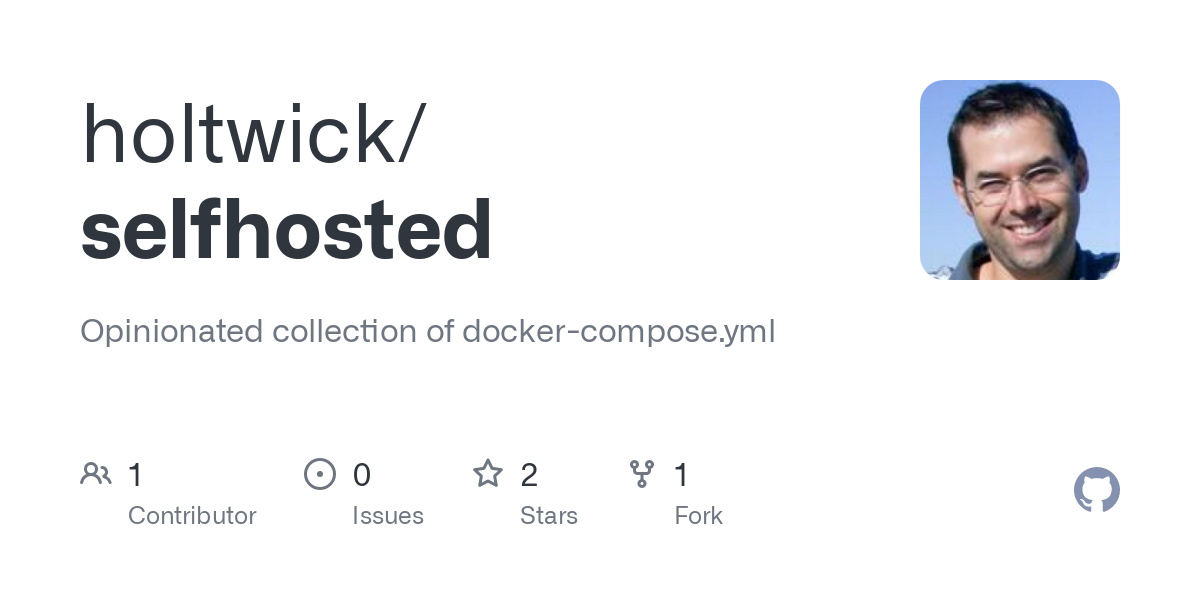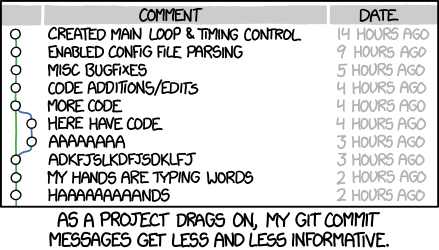Mastodon: @[email protected]
- 42 Posts
- 32 Comments
Here is the link to the original website (an NGO that monitors blocked websites in Turkey): https://ifade.org.tr/engelliweb/distrowatch-erisime-engelledi/
And here is the Google translation of the text on that page:
The IP address of the DistroWatch platform, which provides news, reviews, rankings and general information about Linux distributions, was blocked by the National Cyber Incident Response Center (USOM) on the grounds of “IP hosting/spreading malware”.

 3·1 year ago
3·1 year agoI think you are highlighting an important point that are missed by other commenters emphasizing the developer. I prefer GPL over MIT license. But this is a possible fallback if Redis decides to change its licensing (like several others did).
I think these kind of products have strategic significance for MS for their Azure offering. They are probably preparing to offer this there (in addition to and as an alternative to Redis). So, it makes sense for Microsoft to release this with an OSS license (otherwise no one will adopt it).

 17·1 year ago
17·1 year agoWho is this particular developer
As far as I understand from the discussions about the topic, Maxim Dounin was one of the few core developers of nginx. Looks like Wikipedia has already been updated.
I know you said “self hosted”, but if you are interested in an Android app, Google Play Books does most of what you want, I think. You can upload your books, and read them on any device (with offline capabilities). But this is the Self Hosted community, so I will show myself out.

 17·1 year ago
17·1 year agoI don’t follow it very closely, but as far as I know, they are the only one implementing the open protocol they designed (which doesn’t interoperate with ActivityPub). However, there seems to be some efforts for creating a bridge: https://www.docs.bsky.app/blog/feature-bridgyfed
As you said, there are some recognizable faces and that may impact the adoption. But not being compatible with ActivityPub is a real bummer.

 1·1 year ago
1·1 year agoPossibly. My point is: despite having a common subset Pkl and JSON schema doesn’t seem to be solving the same problems. But, I’m just learning about it, so I may just be wrong.

 3·1 year ago
3·1 year agoI just learned about Pkl, so take this with a grain of salt. JSON Schema and Pkl seem to have some overlap. But JSON schema is not specifically designed for handling configuration and Pkl supports other formats like YAML.

 51·1 year ago
51·1 year agoThis looks really interesting. Getting type safety and editor support to configuration may change quite a bit of how things are done. I don’t know if it will gain traction, but if it does, it may really help bringing some long awaited structure to all those YAML files. There appears to be examples specifically for Kubernetes (https://github.com/apple/pkl-k8s-examples).
I wasn’t aware of that. I guess it was thought to be a mod driven community. Anyway… Cool question. I hope we will see some creative solutions here.
Please also consider posting to [email protected]

 2·1 year ago
2·1 year agodeleted by creator
I believe there is already a browser add on for this. Cannot remember the name right now.
Edit: I think this should be in Lemmy core.
I think you have a better chance if your instance focuses on a topic instead of being general purpose. That’s the reason I chose programming.dev. All communities there are related to programming so when I sort by “local” I see something interesting even though I haven’t subscribed to that community. And that increases my interaction with those communities.

 3·2 years ago
3·2 years agoOk, maybe I misunderstood your question. I though you were proposing
#instead ofsudoand I meant to say that being explicit is better.

 1·2 years ago
1·2 years agoThat sounds cool. Thanks for the recommendation.

 1·2 years ago
1·2 years agoWhat about the packages that are not available in flatpak? I assume there must be some packages that are only available in certain corners of the internet?
















I would stay away from YAML (almost at all costs).